Promising Treatments that Inspire Hope for Thalassemia Patients
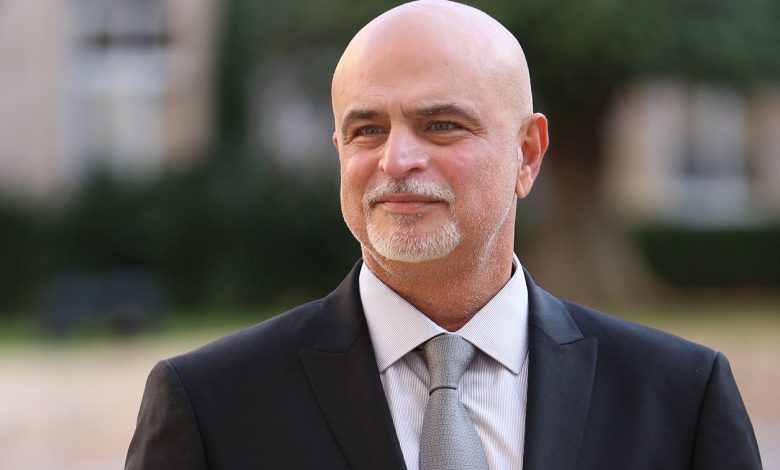
"Anyone who creates, registers an invention, or spends their time on a particular research is not motivated by any prize or anything in return, but is a passion in itself to unravel a mystery, such as the mysteries of diseases... It is a belief in an idea that seeks to make it a reality, and it grows within him to become a dream, a goal and sometimes an obsession. An ambitious person seeks to achieve his goals regardless of any appreciation, although appreciation is a necessary stage later because it necessitates the development, protection, marketing and human benefit from the idea. Research, ambition and invention are human needs of its owner first, and when he takes them out from within, they enter into the service of the other."
With these words, Dr. Ali Taher, winner of the 2021 Kuwait Award in the field of applied medical sciences, began his interesting talk with the Journal of Scientific Progress about his scientific career, and his advanced research in the field of developing new drugs and vaccines and addressing epidemics and communicable diseases, especially thalassemia.
"I believe that my success in my career depended on many things, including my passion and love for my work. I believe that no one can succeed without loving what they do. Once we have a passion for our work, once we have a passion for our area of interest, we will achieve success. The other important thing is to focus; focus on a specific area and delve deeper into it. The third thing is networking and networking. I have established a network of relationships in my country, in my region and globally, and this has greatly influenced my success. When you have a network of relationships, then it will make a difference. It's important to be passionate, focused on your work, use the network you have, have a scientific mind, and always believe in fairness, diversity and inclusion."
Dr. Taher's scientific passion began in Lebanon where he studied high school at Al-Rawda High School, at a time when Lebanon was going through one of the most difficult periods of civil war in its history. After finishing high school, he studied human medicine at the American University of Beirut, then specialized there, and then went to London, where he continued his training in hematology. In London, he developed an interest in thalassemia (a genetic disease transmitted to the child by both parents, which requires lifelong blood transfusions, called transfusion-dependent thalassemia), because he saw many patients with thalassemia in Lebanon. The First Lady of Lebanon at the beginning of the nineties of the twentieth century, Mrs. Mona Hrawi, and his professor, Professor Victor Hofbrand, proposed the idea of establishing a center for thalassemia care in Lebanon, which was initiated in 1994.
An important stop for Dr. Tahir was in the Netherlands, where he obtained his PhD, and his thesis on unrevealing morbidities in thalassemia was non-transfusion-dependent thalassemia.
Promising Treatments
Treatment of transfusion-dependent thalassemia patients requires constant blood transfusion for them to survive. Because the blood contains so much iron, iron will be deposited in these patients in the heart, liver, and endocrine glands. Therefore, the first thing Dr. Taher sought was to try to find the best treatment for these patients to remove iron from their bodies using drugs that are not given intravenously or regular injections, but rather oral medications that remove iron from these patients' organs. This is the work he did at an early stage on Diveriprione and then on Divarazerox, two oral medications that patients should adhere to, so that iron can be removed from their bodies. Current efforts are focused on trying to increase hemoglobin or red blood cells in the patient's blood so that he does not need a blood transfusion.
On the benefits of this research on patients in particular and humanity in general, Dr. Taher explains that after removing iron from these patients, they will become as healthy as any normal individual, which is why they are currently living longer years and better integrated into society. At the same time, "we are developing injections that will increase the red blood cells in their blood instead of transmitting them to them, and this will improve their quality of life, increase their hemoglobin level, and reduce their risk of disease."
He believes that these efforts will lead to finding promising treatments, thus improving the quality of life, not only in Lebanon or neighboring countries, but also globally. Recently, some of these drugs have been approved. We are currently conducting several new clinical trials not only on hemoglobin booster injections, but also on hemoglobin booster tablets.
"As scientists, we will continue to strive to find new treatments that will improve the quality of life of our patients, increase their integration into society, and give them the opportunity to live like everyone else in society. That's why we're looking forward to more treatments to reduce iron in the body and increase hemoglobin in this group of patients."
Stimulate Creativity
Dr. Taher received the Kuwait Award in recognition of all his efforts in the field of thalassemia, and the research he conducted in this regard, especially transfusion-dependent thalassemia and clarifying the problems related to non-transfusion-dependent thalassemia, as well as for research related to the work on removing excess iron in transfusion-dependent and non-transfusion-dependent patients, and increasing hemoglobin in cases of dependence and non-dependence on blood transfusion.
On the role that such awards play in motivating Arab scientists and researchers to create, give and excel in their fields of specialization, Dr. Taher believes that the awards represent something more than their value, which is appreciation, appreciation is beautiful, and fuels enthusiasm for more giving, as there is nothing more beautiful than to appreciate the tireless efforts made by any inventor. Appreciation fuels enthusiasm that you are in a society aware of the value of what you do, and therefore has great significance at the level surrounding your inventions and ideas.
He says that there is no better way to stimulate the environment of scientific creativity in the Arab world, and encourage Arab researchers and scientists, especially young people, to produce and give in their homelands, because there is no fixed way. "The universe is constantly evolving, and the inventor is like a jewel, crowded with many offers and appreciation. Is there a bet on his affiliation and attachment to his homeland? That is right. I was attached to the human being, so I stood firm and celebrated the appreciation of my patients, challenging myself to see safety in their eyes. for each of his incentives. But there is no doubt that a healthy environment is required for everyone who produces, and contributes to providing them with comfort. The primary motivation to create creativity is a comfortable space for more of it, it is appreciation, motivation, funding, celebration, is the right to feel mutually when you give."
Bleeding Minds
Dr. Taher touches on the continuous bleeding of creative Arab minds in all fields, especially in the last two decades, and believes that the best way to keep these scientists connected to their homelands, strengthen ties among them, and benefit from their achievements, can be achieved by strengthening the events that bring them together, because they contribute to the exchange of ideas and experiences, and it is also important to listen with great focus and great attention to young people, as they understand the pulse of homelands and potential energy, and at the same time they are prone to migration to places that motivate them. We must treat the inventor in the medical world as a treasure; he is the servant of all humanity. Whoever finds in his homeland what he deserves will give more and will remain clinging to his land and homeland.
He stresses the need for distinguished national strategies for scientific research in the Arab countries, especially since the gap between those countries and their advanced counterparts in this field is widening, with the need to focus on important priorities for Arab societies, such as health, development and environment issues. It calls on Arab universities to launch initiatives in the field of supporting scientific research and encouraging researchers, in addition to strengthening cooperation among them.
He points to the vital role that Arab women can play in scientific fields, and believes that they are considered a wealth for the nations, and have a great ability to give in all fields, "but some traditions or work systems in some countries prevent the emergence of their capabilities. Change must be at the level of society, and those who manage power have the capacity to harness the enormous potential of women in all fields. Recently, we are witnessing a promising opening in many Arab countries, and I am optimistic about that," he says.
Abdullah Badran's dialogue
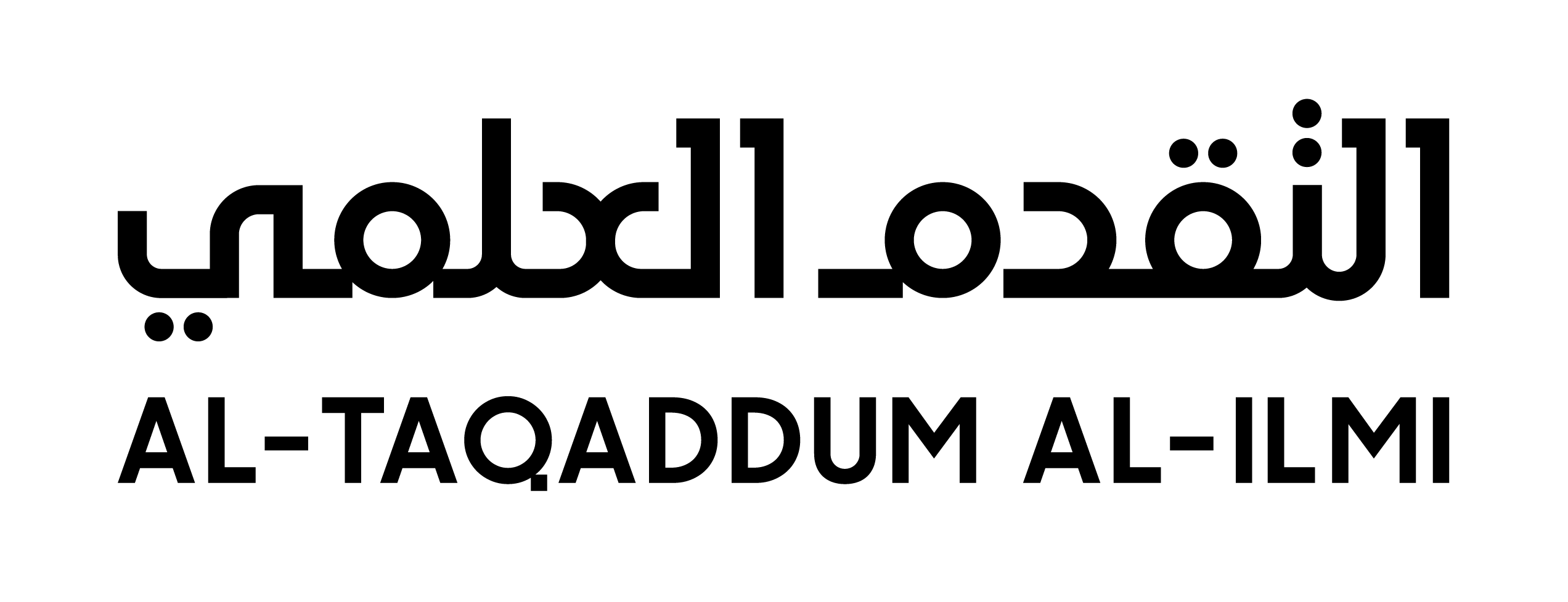
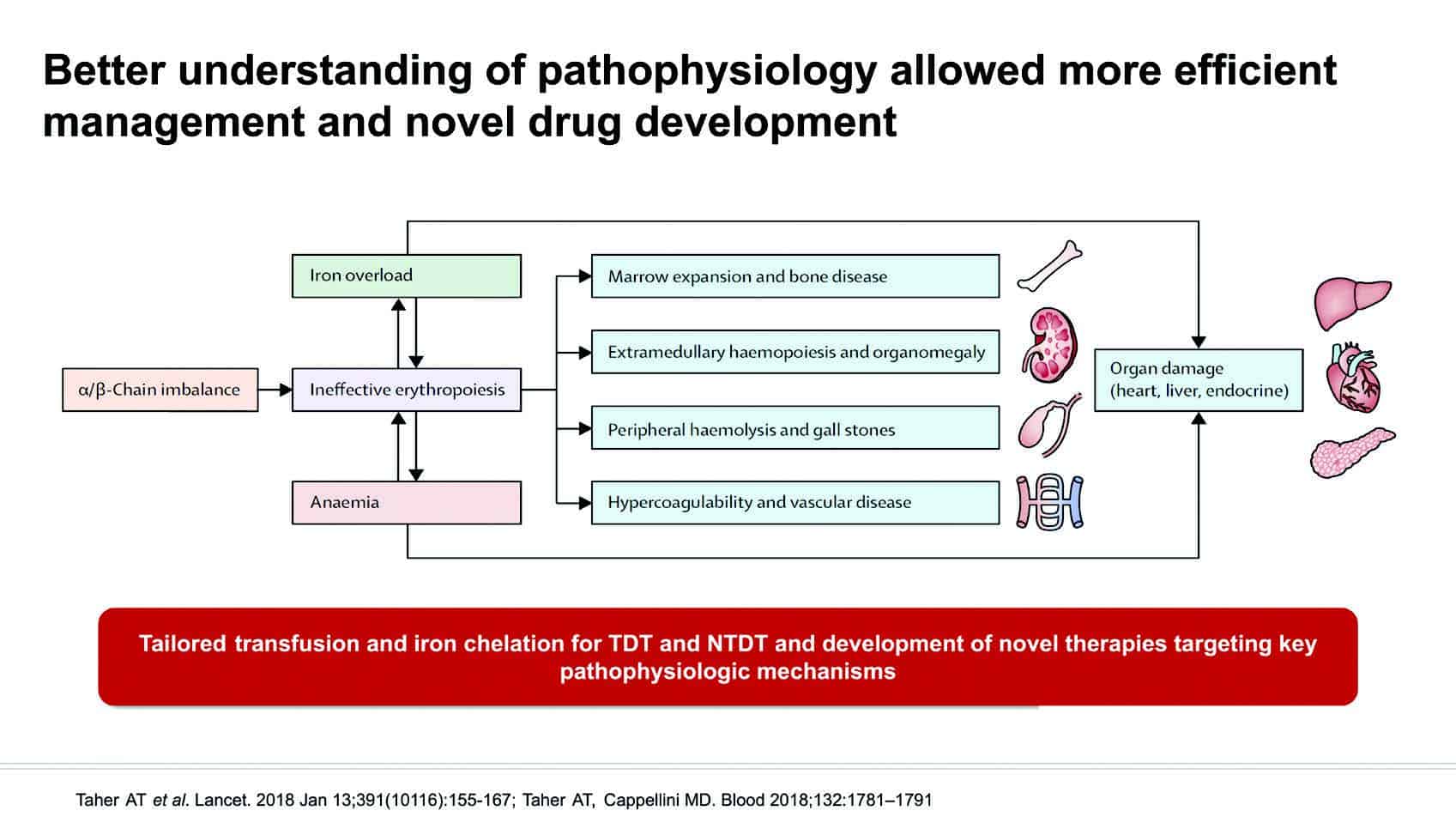
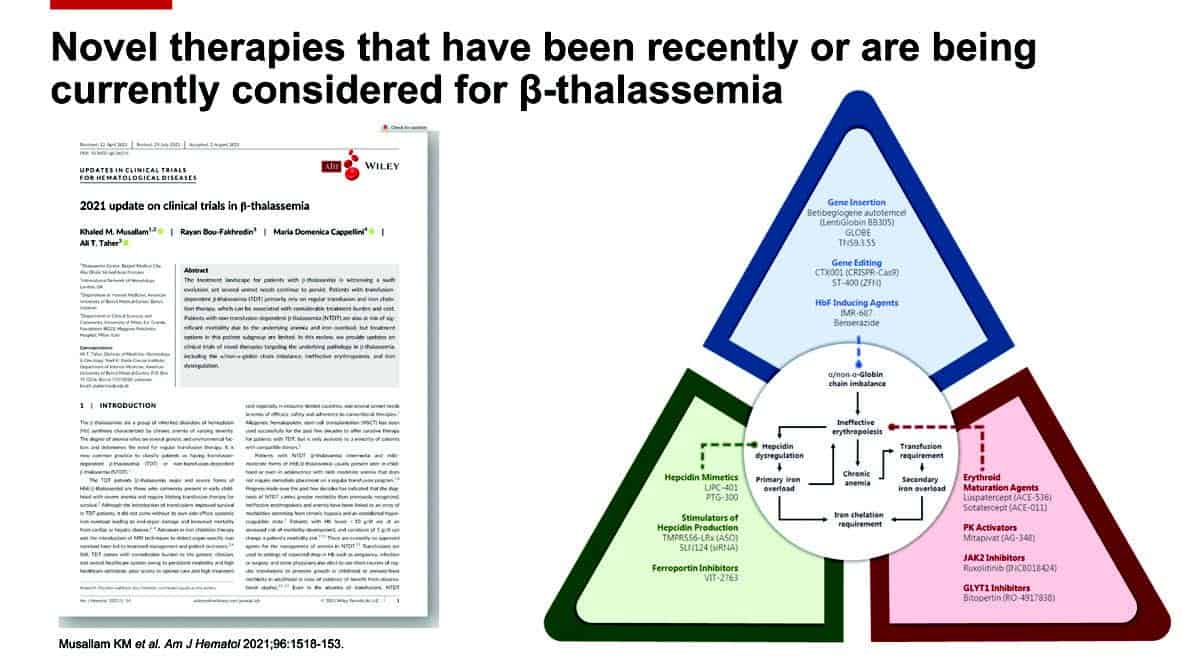
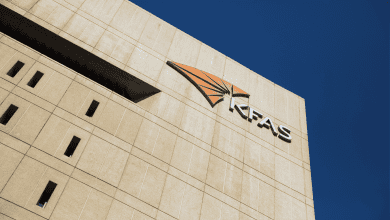
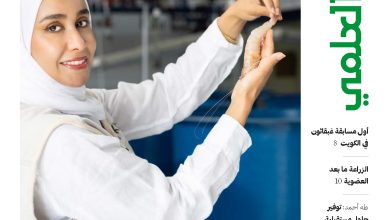
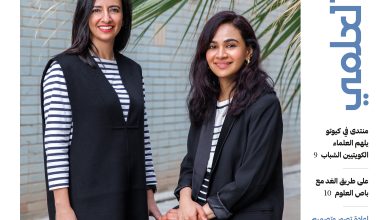
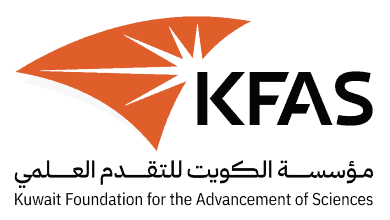
اين المقالات العلمية؟ الثقافية لماذا اختفت من المجلة؟ لماذا قلصتم حجم الاعداد وافرغتها من محتواها العلمي الثقافي؟ كنت من الحريصين جدا على متابعة مجلة التقدم العلمي أما الآن فاني لا اتابعها منذ شهور
ارجوكم اعيدو الحياة إلى مجلتي المفضلة التقدم العلمي